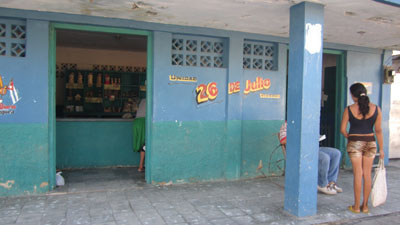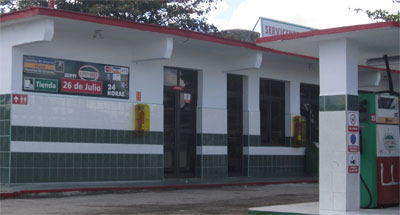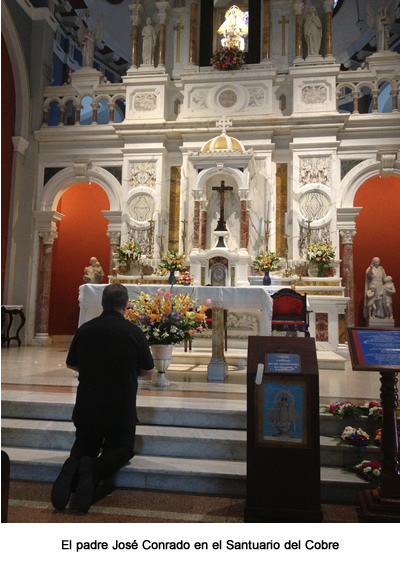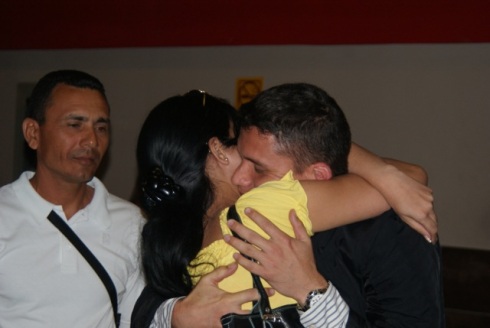Two new words have been incorporated into the Newspeak of Cuban political officials and leaders: prosperous and sustainable. These “recent” adjectives are greatly used to describe the society they are trying to achieve or the socialism that is supposedly under construction.
Both terms were rolled out in General President Raul Castro’s inauguration speech for his second term, and soon were already appearing on the banners hung behind the presidential table at official events, on TV ads, and very quickly on billboards. In fact part they make up a part of the key slogan of the coming May Day.
In recent decades prosperity has always been seen as a petty bourgeois aspiration, and sustainability as a concept rejected for being opposed to the voluntarism* prevailing in the long years of the mandate of the comandante en jefe, years when the Maximum Leader tried to implement his crazy ideas “at any price.”
It is difficult not to associate prosperity with visible (if not obvious) improvements in the material life of individuals: A comfortable home, appliances, a private vehicle, a balanced diet, clothing that satisfies individual taste, resort vacations and other details that healthy human ambition can add to an endless list.
The best way to understand what the new bosses interpreted as sustainable is to list what has been dismantled as unsustainable: the schools in the countryside, unearned handouts, free workplace cafeterias, inflated payrolls to mask unemployment, decentralization of university education, “social workers”**, the Battle of Ideas as an omnipresent super-ministry investment, and other more abstract things such as the waste of resources and galloping corruption.
As I enjoy playing with words I think that, as a comprehensible goal, a “sustainable prosperity” — the Chinese say “a moderate prosperity” — is better than “prosperous sustainability.” The first step would be to decriminalize prosperity, eliminate forever the persecution against anyone who manages to legitimately improve their life, and for this it would be worth the redundancy to legalize many things, among them the ownership of the means of production and the exploitation of the labor of others, understanding “exploitation” as an economic term, not as cruelty. Where does all this lead. . .?
There are none so blind as those who will not see.
Translator’s notes:
*”Voluntarism” in this context relates to the concept as it was defined by Mao:any social or economic barrier can be overcome by sheer willpower and “voluntary” action.
** “Social work” in this context means an army of young people put to work on government projects.
22 April 2013

 Sixty years after having initiated the actions to seize power, General-President Raul Castro finds it opportune to emphasize that “the process of transferring the main responsibilities of leadership of the nation to new generations is ongoing, gradual and orderly.”
Sixty years after having initiated the actions to seize power, General-President Raul Castro finds it opportune to emphasize that “the process of transferring the main responsibilities of leadership of the nation to new generations is ongoing, gradual and orderly.”


